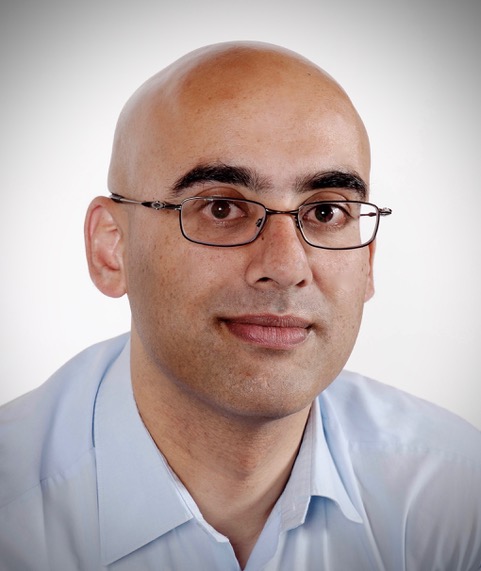Mensch-und-Computer 2019 Keynote by Professor Aaron Quigley
Professor Aaron Quigley will be a keynote speaker at the Mensch-und-Computer conference 2019 in Hamburg Germany in September of 2019. This series of symposia takes place each year in different German-speaking countries. This is one of the largest HCI conferences in Europe each year with over 700 delegates from industry and academia. Usability Professionals and … Mensch-und-Computer 2019 Keynote by Professor Aaron Quigley
